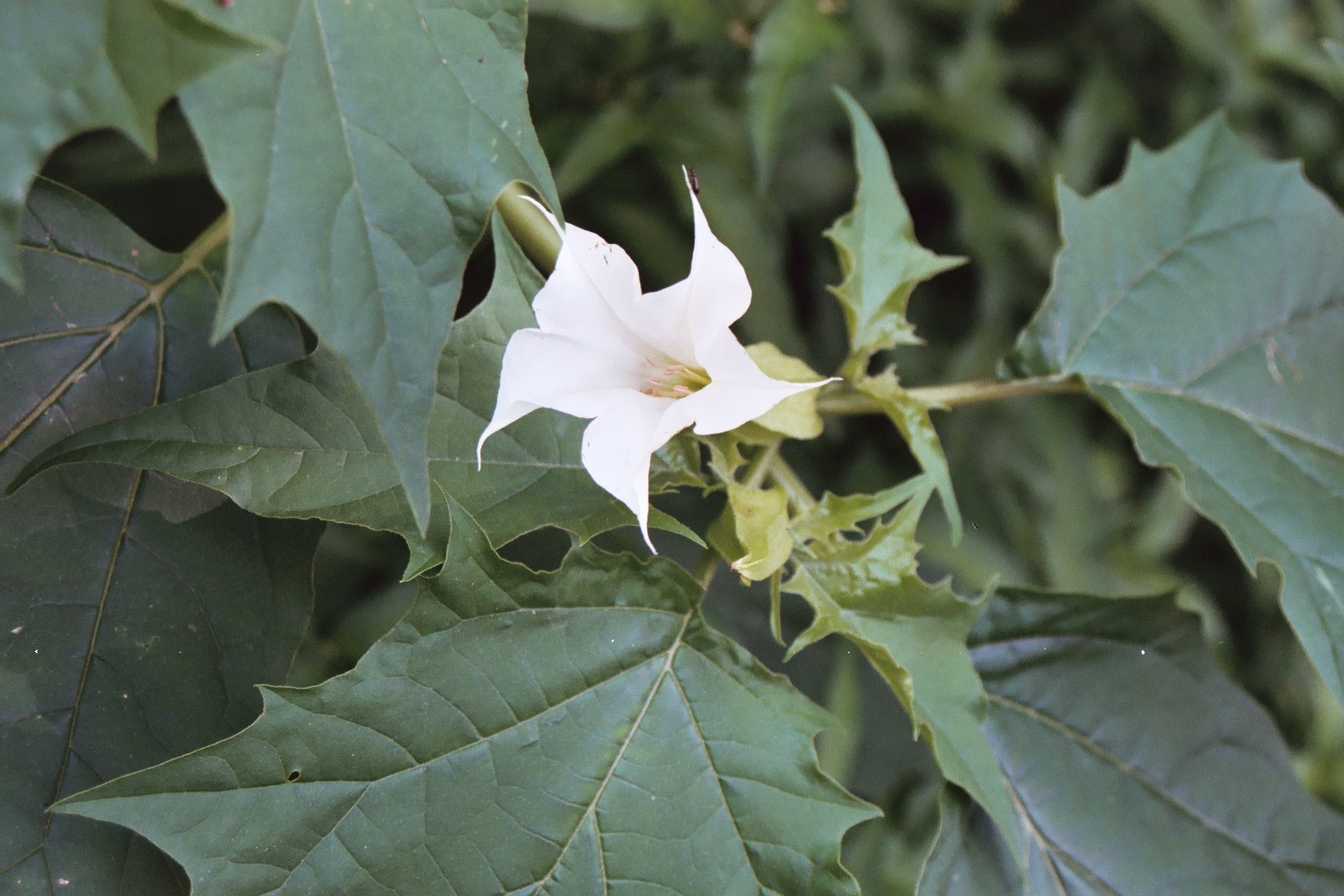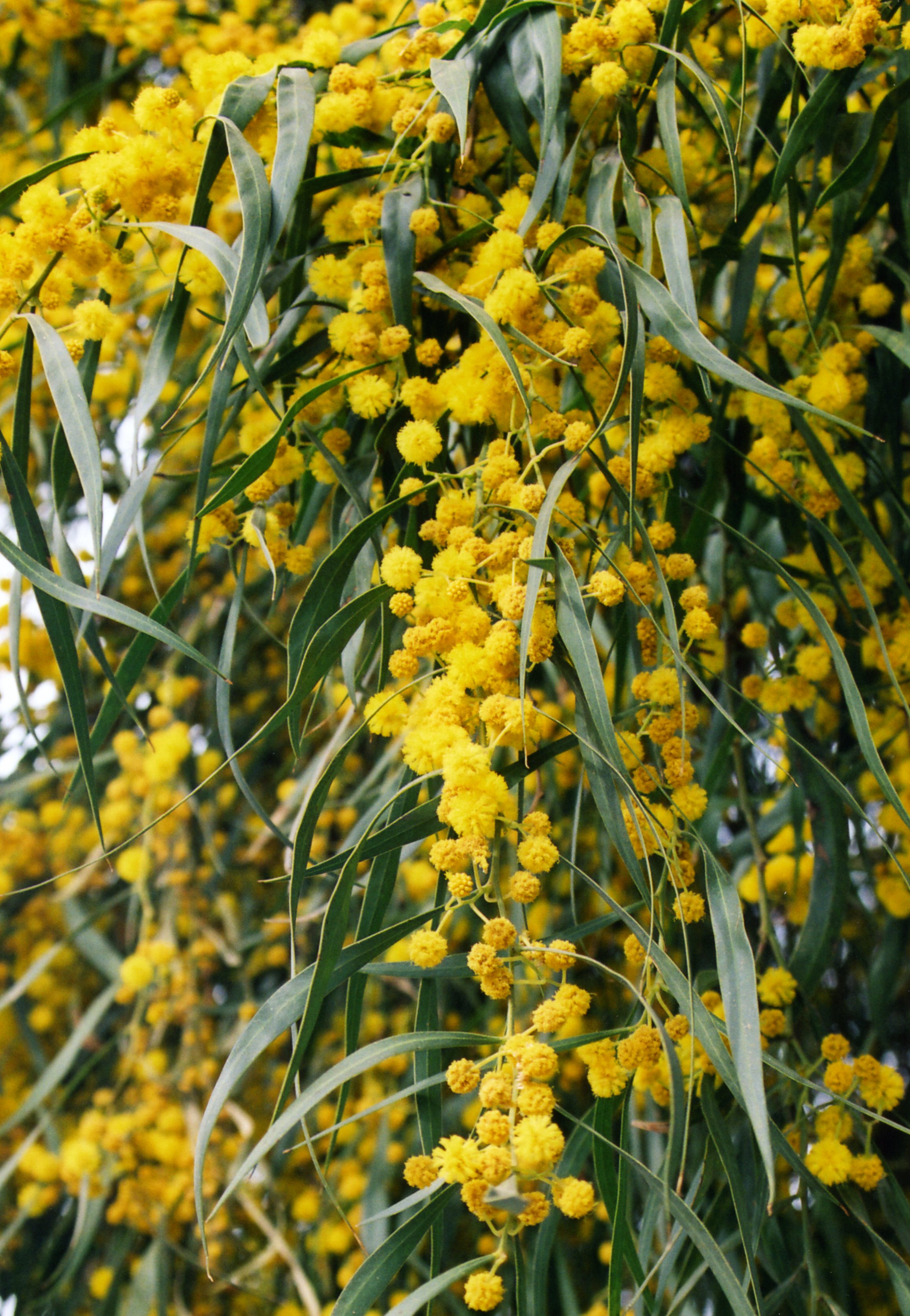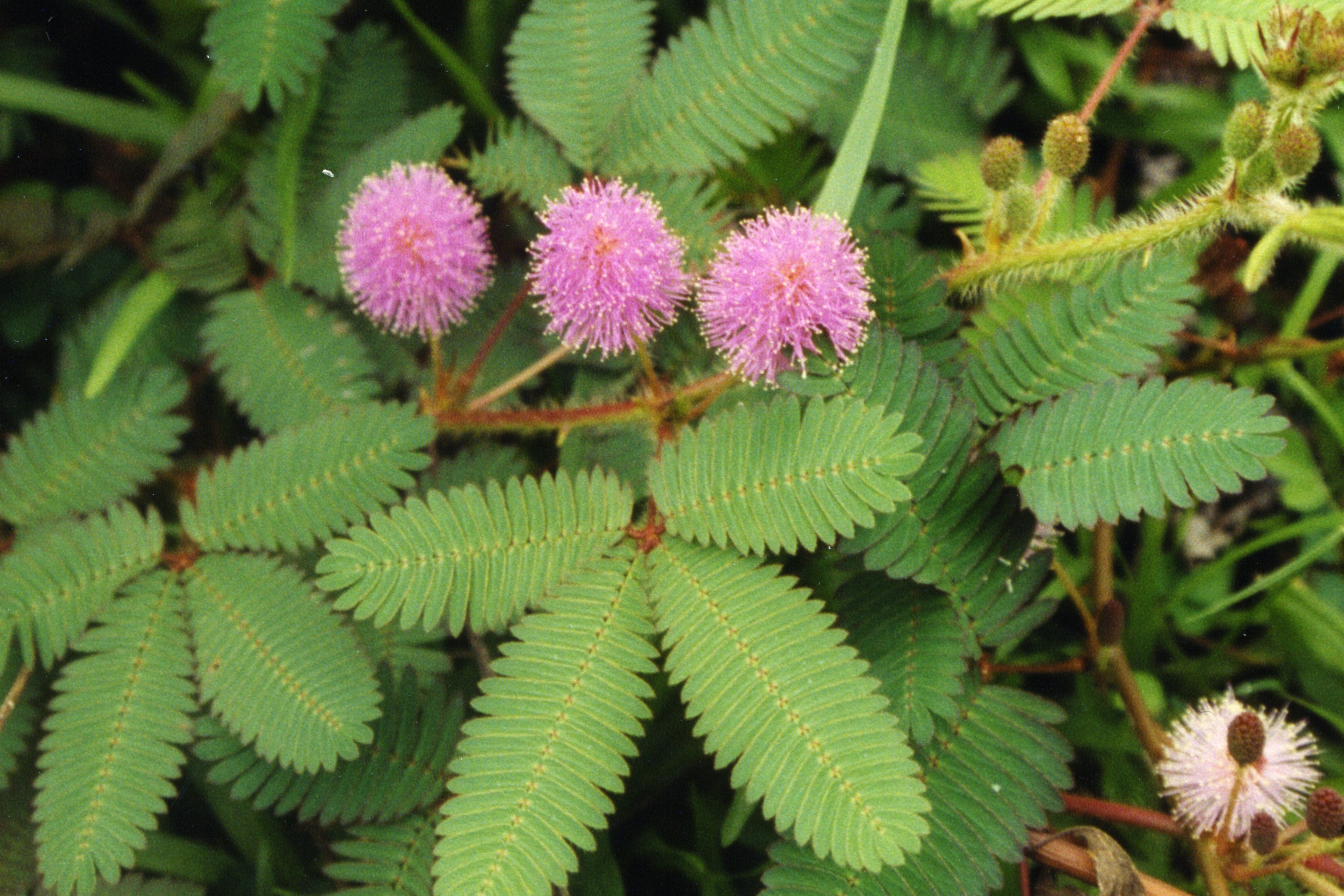Comparative botany, anyone?
So it is not because Aotearoa was for such a long time isolated from the rest of the world that we can't find plants and flowers that also thrive on other continents... or at least other species from the same families. Then again, some quite different plants can fill in the same niches, the same role in corresponding habitats. My knowledge (and sometimes simply patience) is not large enough to really come to a scientific comparison - but it's fun to put flowers we found on the islands next to similar beauties from very different locations.
A first case in point are these nightshades with their colourful, delicate flowers. Nightshades are a special family for us humans, many wild species of the family are poisonous, like the Black nightshade (Solanum nigrum) and the deadly Thorn apple (Datura stramonium), while others appear every day on our table like potatoes (still with slightly poisonous parts) and tomatoes. Tobacco is also a nightshade. The lovely vine Bittersweet is native in Europe and Asia. In the dry and rather barren Brazilian savannah, we found this hairy bush, Wolf apple (Solanum lycocarpum), because the Maned wolf loves its fruit. In New Zealand, this large Kangarou apple (Solanum laciniatum?) is considered to be invasive (from Australia).
Mimosas present a variety of beautiful flowers. In Europe we know the small yellow balls the best, but the small Touch-me-not, that folds its compound leaves when touched, is also a member of the genus. We found the tree with the yellow flowers in Torremolinos (Málaga, Spain), The timid pink flowers of the shy Mimosa pudica grow on Si Phan Don (4000 Islands) in Southern Laos. In New Zealand, we found these trees on Akaroa and near Murchison.
Columns of flowers like these remind of the Tower of jewels (Tajinaste rojo) found on Tenerife (Canarias). At least one other species of the genus Echium has been introduced to New Zealand as a garden flower... but when the circimstances are right, these exotes can become an invasive annoyance, especially when facing a vulnerable flora.
A last case are the bindweeds, which are quite cosmopolitan in all temperate regions. The immaculate white trumpets of Hedge bindweed can be found several meters high on this twining plant. Field bindweed has pink striped flowers and it winds around weeds in the field. Sea bindweed is striped light blue and is a pioneer plant in sand near the beach. Bindweed belongs to a broader group, known as Morning glory. Other Morning glories include the sweet patato (Ipomoea batatas) and the Water spinach (I. aquatica), both used as vegetables.



